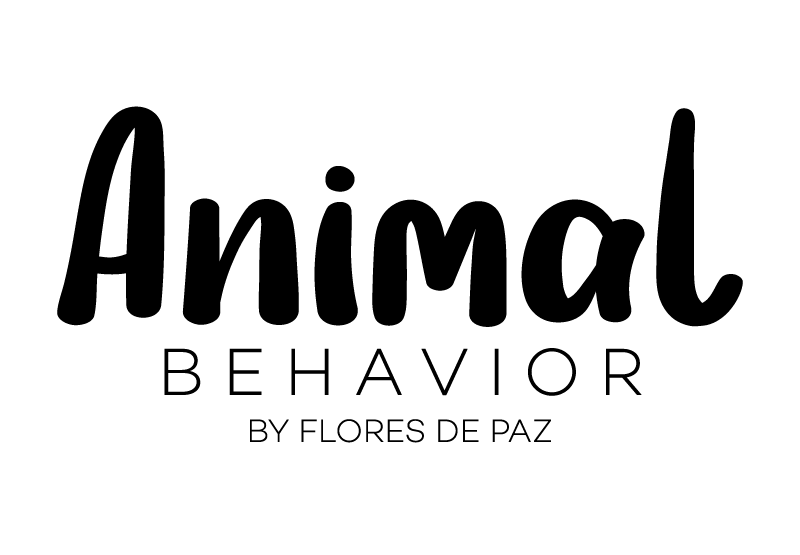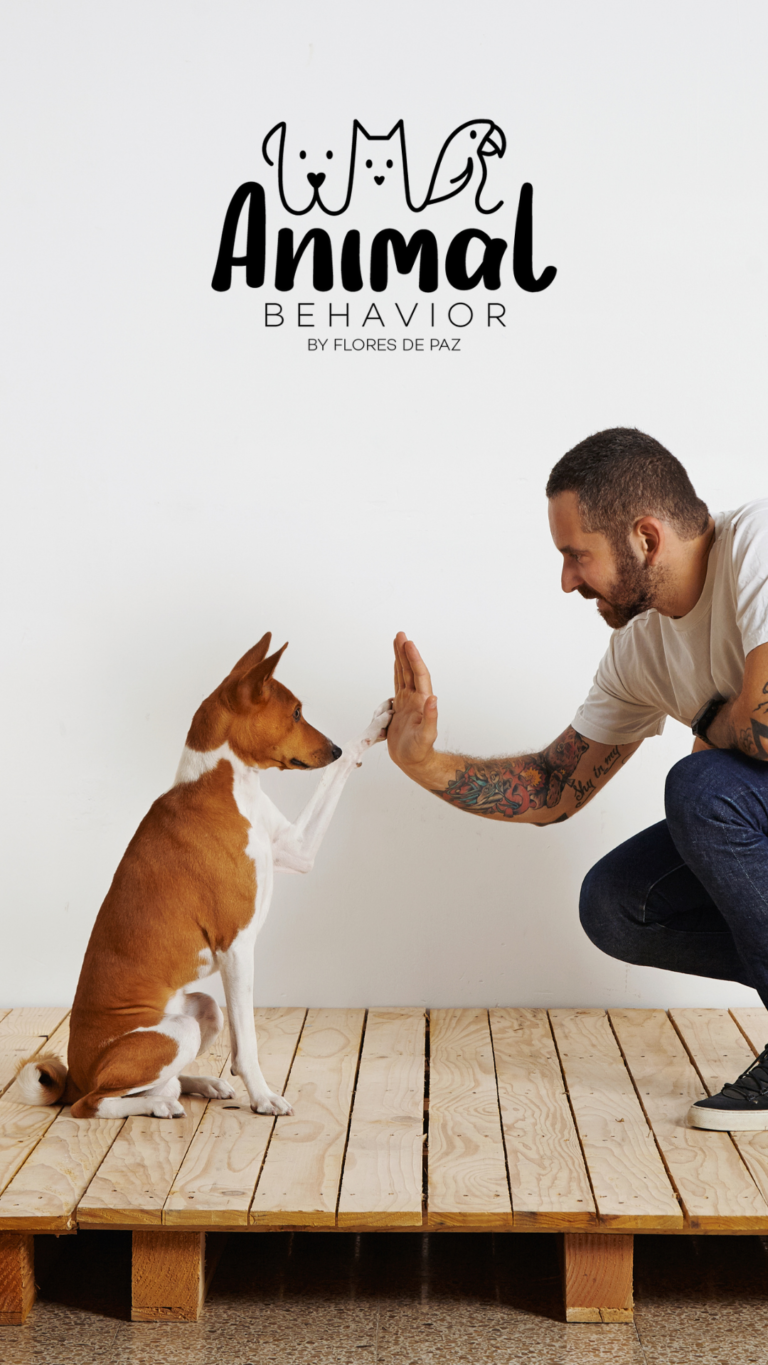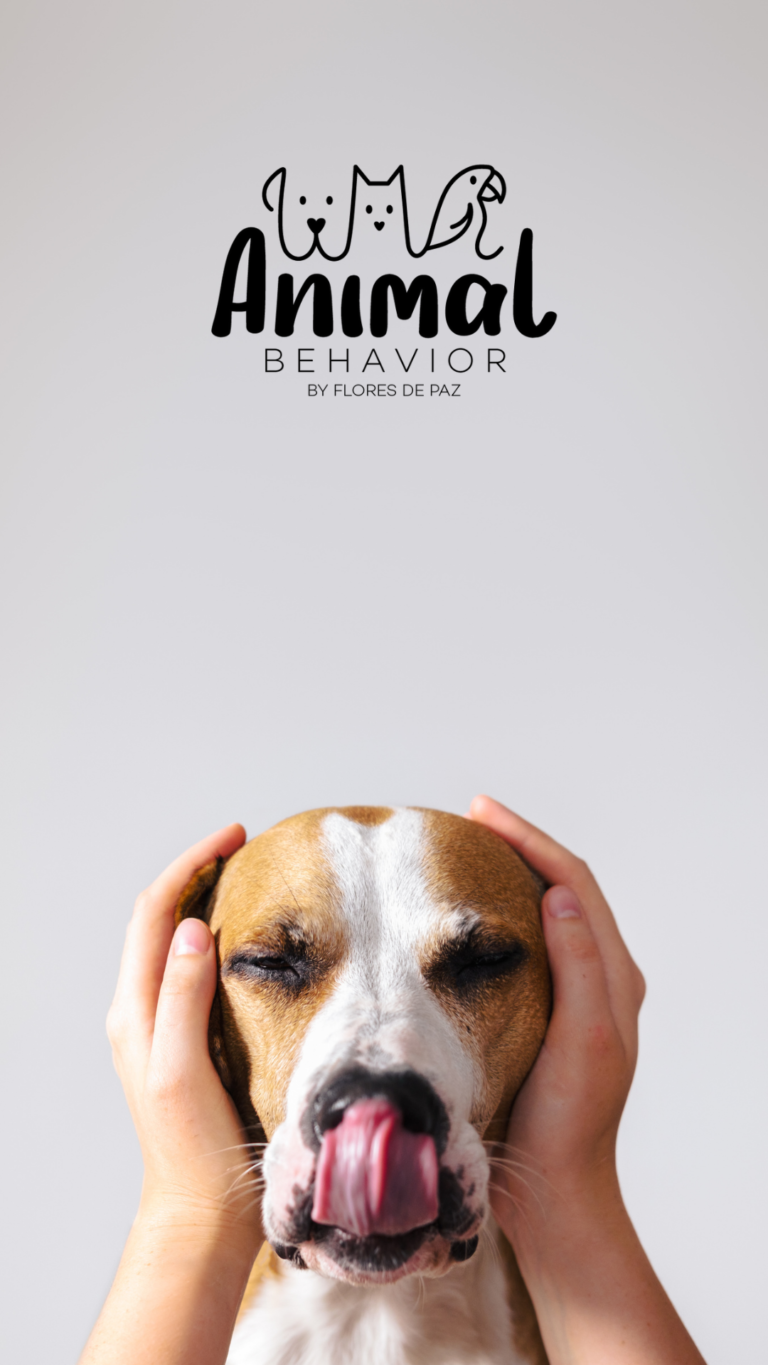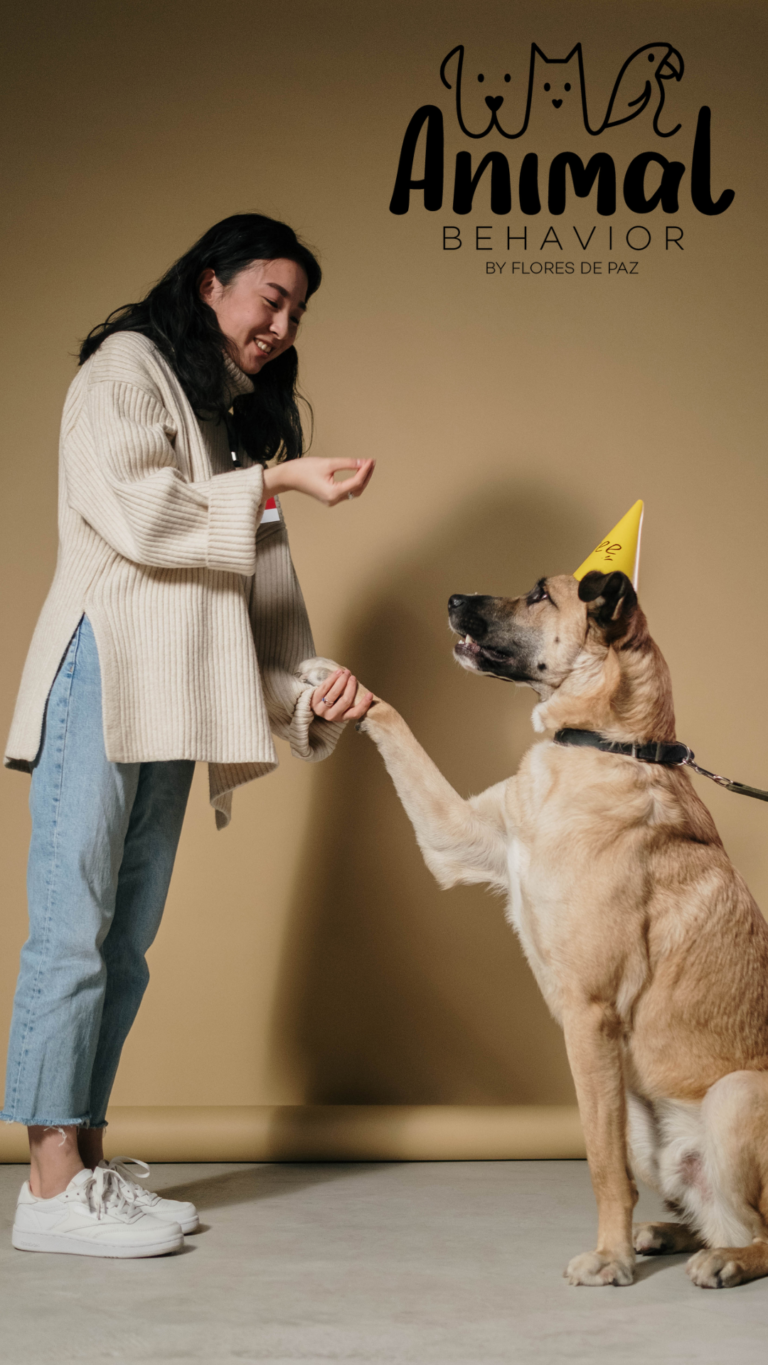When it comes to training our dogs, it’s important to understand the most effective and respectful training methods. Unfortunately, punishment and scolding practices are still commonly used, but it’s crucial to understand why these techniques can worsen the dog’s behavior and damage the bond we have with them. In this blog post, we will explore the reasons why punishment and scolding are counterproductive and how they can negatively affect our relationship with our canine friends.

Fear and Anxiety:
When a dog is punished or scolded, they may experience fear and anxiety. Physical or verbal punishment creates an atmosphere of fear, resulting in a stressed dog who is worried about the next episode of punishment. Fear is not an emotional state conducive to learning, as the dog will be more focused on avoiding punishment rather than understanding what is expected of them. Moreover, fear can lead to defensive responses such as aggression, as a way to protect themselves.
Behavior Inhibition:
Punishment may temporarily inhibit unwanted behavior, but it doesn’t provide a proper alternative. Instead of teaching the dog what to do instead of the undesired behavior, punishment only stops the behavior in that moment. This doesn’t foster positive learning and can cause confusion in the dog. Without clear direction and a focus on positive reinforcement, the dog may resort to other undesirable behaviors or simply become apathetic.
Damage to the Relationship:
Punishment and scolding can undermine the trust and bond we have with our dogs. Dogs are animals that seek approval and affection from their owners. When they are constantly punished or reprimanded, they may begin to associate human presence with negative experiences. This can lead to a decrease in trust and respect towards their caregivers, making it difficult to build a strong and positive relationship.
Increase in Aggression and Fear:
Punishment can trigger aggressive responses in some dogs. When a dog feels cornered or threatened, they may react with aggression as a form of self-defense. Additionally, punishment can exacerbate existing fear in a dog, which can escalate fearful behaviors. These aggressive and fearful responses can not only be harmful to the safety of humans and other animals but can also indicate a dog that feels unprotected and stressed.
Effective Alternatives: Positive Reinforcement and Reward-Based Training:
Instead of punishing or scolding our dogs, it is much more effective to use training methods based on positive reinforcement and rewards. Positive reinforcement involves rewarding and reinforcing desired behaviors, positively associating the behavior with pleasant experiences, and motivating the dog to repeat it. By using rewards such as treats, praise, and petting, we are fostering a positive association between the behavior and the enjoyable experience, facilitating learning and strengthening our relationship with the dog.
Reward-based training allows us to teach our dogs what behaviors we want them to perform, rather than focusing on the undesired behaviors. By setting clear expectations and providing proper guidance, we can help our dogs develop skills and desirable behaviors.
It’s important to remember that each dog is unique and may respond differently to different training methods. Some dogs may require specific techniques due to their history, temperament, or level of socialization. In such cases, it’s advisable to seek our help so we can assess the individual needs of the dog and provide personalized guidance.
In summary, punishment and scolding are not effective or respectful methods for modifying our dogs’ behavior. These practices can generate fear, anxiety, and aggression, and damage the relationship we have with them. Instead, focusing on positive reinforcement and reward-based training allows us to build a strong and positive relationship and promote desirable behaviors in our canine friends. Remember that love, patience, and understanding are key to raising a happy and balanced dog.
If you have any questions or need further guidance on how to train your dog effectively and respectfully, don’t hesitate to consult us! We will be happy to help!



